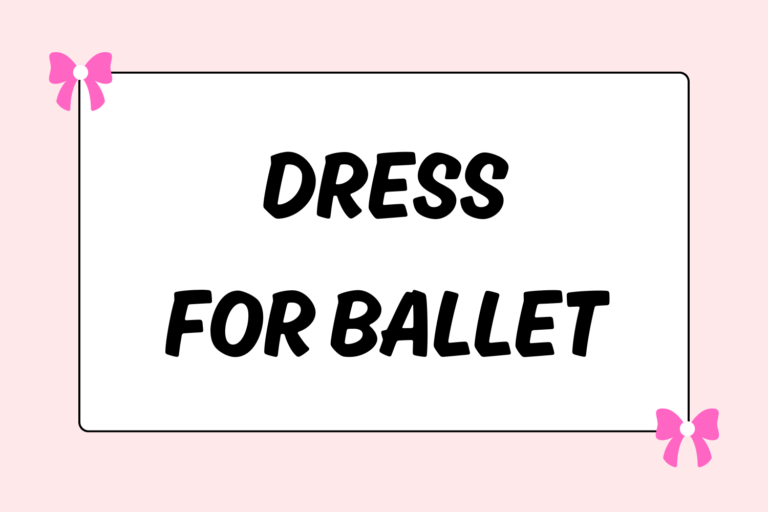The image of a ballerina carrying a stack of books while walking past rows of classrooms is unusual. This for a good reason: Balancing ballet with academics is not just difficult — it can seem downright impossible. Don’t worry. If you’re a dancer on the pre-professional track, there are still ways to keep your mind sharp and your hands prepped for essay writing.
This guide covers some valuable tips on making the most of your time, whether you’re college bound or planning a ballet career!
Consider Home School
If you’re serious about ballet as a career, look into independent learning programs (also known as home school). These allow you to work on your own schedule. You can schedule your schoolwork to fit neatly between ballet class and rehearsal.
Talk to your parents, academic teachers, and ballet teachers about any independent learning programs in the area. Learn how they work, and other dancers’ experiences with them. Many independent learning programs will assign work to be completed over a two-week period. They only have semi-monthly teacher meetings to ensure that the dancer’s education stays on track.
Before you decide on home schooling, though, keep in mind that it requires much self discipline! You may think that as a ballet dancer you have plenty of discipline. You should know that the best feature of home schooling — not having a regimented work schedule — is also the most difficult. You will have to get everything done in the same amount of time, but without anyone telling you when and where to work. Talk over your plans before you make a decision.
Hot Tip: Half Day Happiness
Dancers who can’t decide between regular and home school can always compromise with a half-day schedule. Talk with your school’s administrators about leaving school early and completing part of your classes at home. Many schools are flexible about students with athletic focuses. Don’t underestimate the power of communication!
Use Rehearsal Breaks
Use the breaks in your schedule to rest your body and activate your mind, regardless of how long they last. Bring your homework with you to the studio. Get it done in small increments. This way you can accomplish everything you need without rushing home or having to stay up late to finish it.
The studio can be a great place to study and finish school work. Remember, a laptop will allow you to work anywhere.
Since most ballet schools are centrally located in a neighborhood, talk to one of the older students at your school. They may have taken the same classes as you and have some great advice to offer! Don’t let this resource go to waste — use your fellow dancers for any help you can!
Don’t Spread Yourself Too Thin
Ballet dancers are generally ambitious people. They will go for the top spot in seemingly everything. Not only will they work hard in dance, but in other part of life as well. This means extracurricular activities, advanced classes, and all sorts of other pursuits. But before you join, slow down!
Think things through before you spread yourself thin with extra-curricular activities or honors courses. Consider how much time you’ll have outside of school for homework and ballet. Keep in mind, the average amount of homework assigned to an honors student in high school is between 90 and 180 minutes per night. On top of that, you should plan on setting aside time to maintain your social life.
If this time frame isn’t feasible — for many dancers it isn’t — think about removing an honors class or two from your schedule. It may feel like a hard decision, but can save you some trouble in the long run.
Divide & Conquer
Completing your most difficult assignments/homework first is often the best way of working. This leaves the small/menial tasks for later. Why? You’ll have more energy right after school or during study hall to really focus on your hard work than you will late at night, after several hours of rehearsal.
Make a list on your computer or buy a memo pad. Every week, write down all of your assignments that are due for each class. Plan out what you’ll work on every day, at what time, and how it fits into your schedule. This way you can get the complex work on your schedule done early.
Mental Edge: Write It
Write down everything you need to do. This will help cut down on any overwhelming stress caused by keeping it all in your head. Writing everything down will help you manage your work, and also give you reasonable goals on how to budget your time.
Clamp Down Extra-Curricular
As stated above, ballet dancers are generally ambitious people. They often like to be involved in as many things as possible. Do your best to avoid signing up for tons clubs at the start of the school year! When it comes to school activities, try to focus on just a few. Give extra weight to activities that meet during only school hours (such as lunch). Organizations like student government, speech, and debate can be tempting, especially due to the energy and stage presence required (something dancers have naturally). Know that these can quickly steal what little time you have to rest.
If you really want to join a club whose meetings and activities take place outside of school hours, talk to the club’s advisor. Is there any way you can remain involved without committing to a rigorous club schedule? What are commitment requirements of the club? These are things to consider before joining any student group that may take your time and focus away from dance.
Breathe!
No matter what kind of academic schedule you have, never skimp on unwinding time. Even if it’s only a few minutes a day, always remember to decompress. Develop a ritual that helps you relax, and stick to it. Listen to music, take a bath, or maybe read a non-assigned book. These small things will help keep you sane and ready to face your daily challenges!





